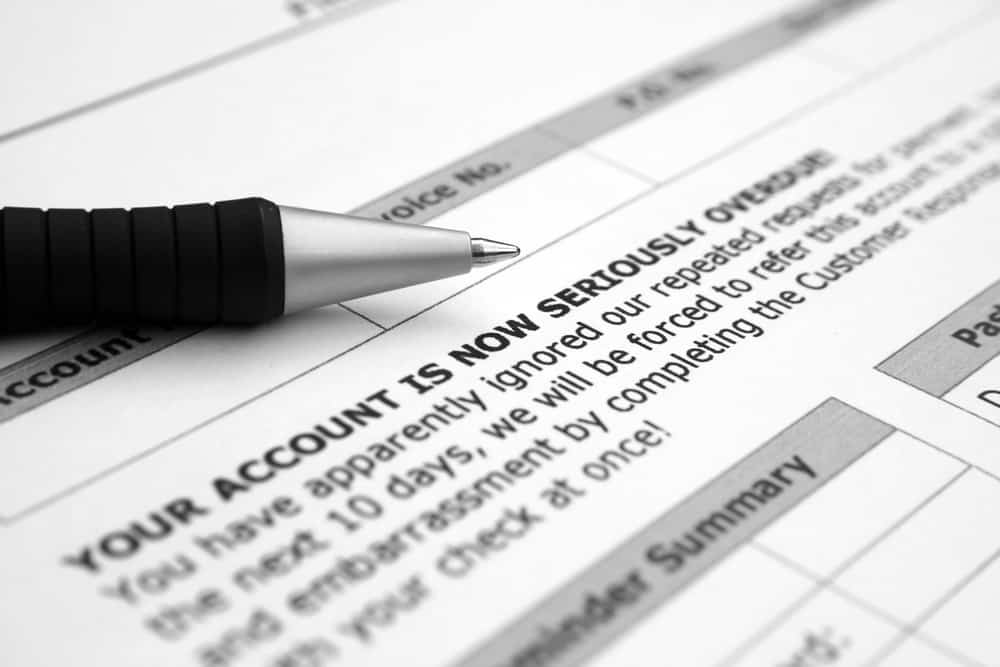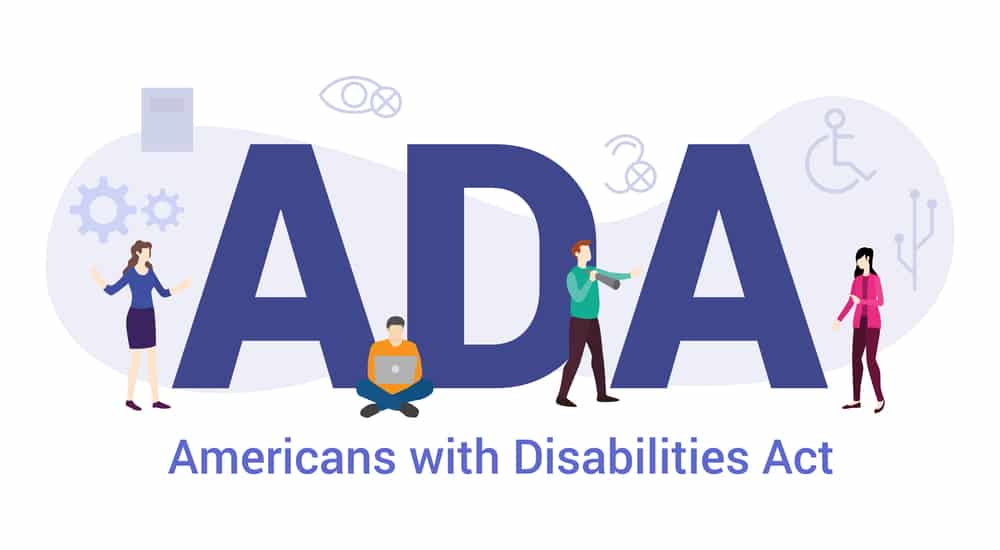Like individual consumers, businesses also may fall behind on their bills. Whenever a company owes a debt and hasn’t paid in a while, it is necessary to begin the collection process. In most cases, the creditor will cease to contact the debtor and then sell the debt to a third-party agency or law firm. Once the third party acquires the debt, they begin to receive payments from the business that owes money. Whenever collecting a business debt, a third party must follow some steps to get the best results and resolve it.
Contacting the Business Ownership/Management
The first step in the debt collection process is to contact the business owner or the management. During this process, a collection agency or law firm will inform the business about the debt and then look for a solution to benefit both parties. In most cases, the business owner or manager may immediately agree to pay the past due bills, but they might also say that it is impossible due to financial constraints. It is then necessary to suggest a few alternatives.
Providing Proof of Debt
Many people and businesses are in debt and often deny they owe the debt. To overcome this potential obstacle, it is necessary to provide the business owner or management with proof that a debt is owed. You will want to send them documents such as credit card statements and information provided by the original creditor. Once you submit proof of debt, the business will need to take the necessary steps to pay the debt promptly.
Requesting Payment
As soon as a third party reaches the business owner or management, the first thing is to request immediate payment. There are times when a business may pay off an entire debt on the initial contact. In this situation, you go over the amount owed, verify it and then ask the company to pay the debt over the phone or send the payment either in the mail or online. Once this step is complete, the entire situation is resolved. However, many debt situations require other measures to come to a full resolution.
Devising a Payment Plan
If a business cannot pay the debt in full on the initial contact, the next step is to devise a payment plan. This is a process where the business makes certain payments each month until the debt is paid in full. Again, it is essential to work with the company to pay for something affordable. Payment plans are the most common way debt disputes get resolved.
Filing a Lawsuit
Many collection agencies, creditors, and law firms file a lawsuit whenever a business gets into debt and cannot make payments on time. This is a process where the third party informs the business about a past-due debt and requests that the company come to court in person to settle the matter. If the business ownership or management doesn’t appear in court, they are given a default judgment. Suppose you are a third-party collection agency or creditor looking to recoup a past-due debt from a business. In that case, it is a good idea to contact a reputable law firm that specializes in debt collection.
Offering a Settlement
Whenever a payment plan cannot be arranged or if a business continues to fall behind, it might be ideal for offering a settlement. This is an option where a collection agency or law firm offers the business a reduction of the total debt owed. This is often necessary if the company struggles to pay the debt via a payment plan. Receiving the reduced amount will help reach revenue goals for the third party.



